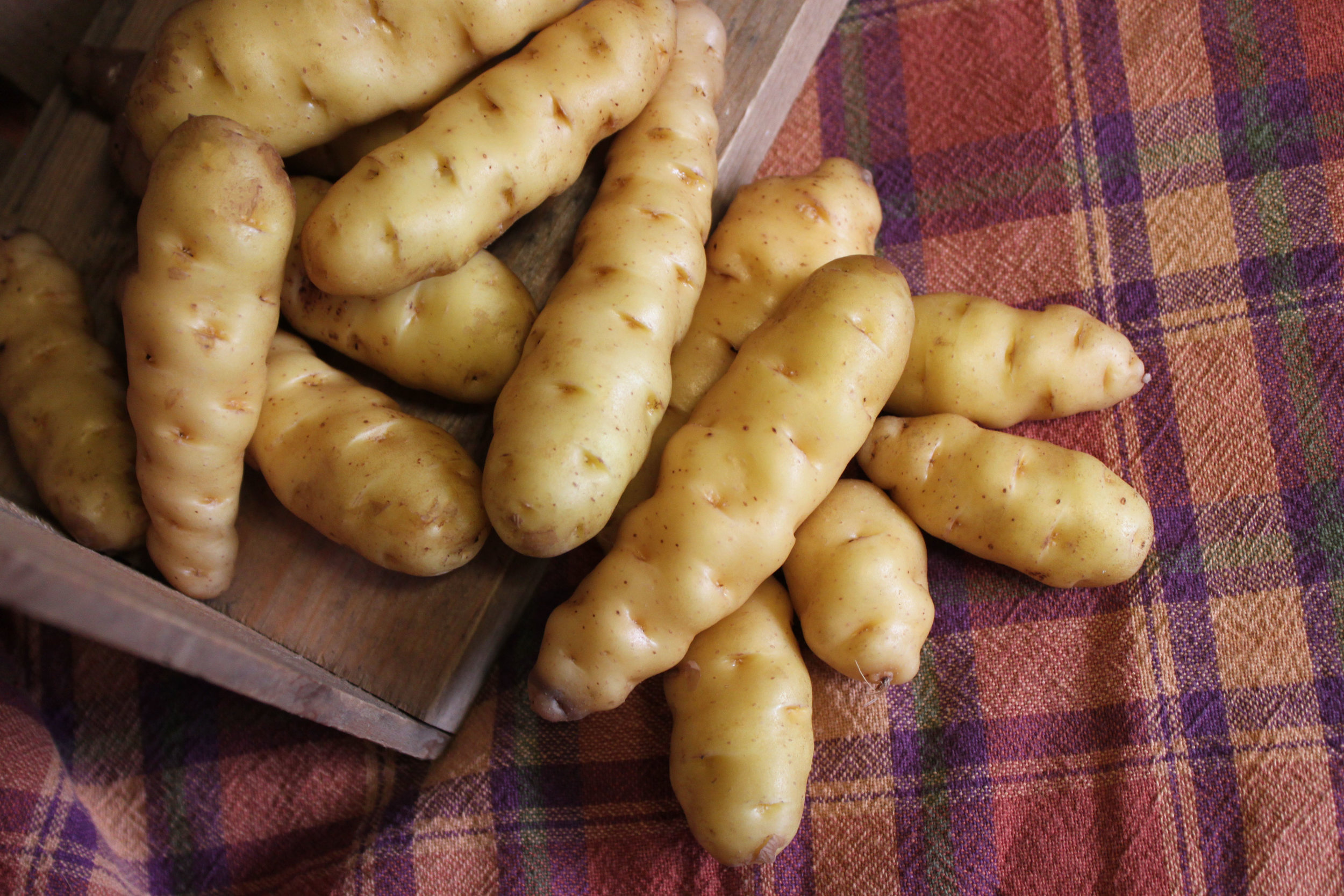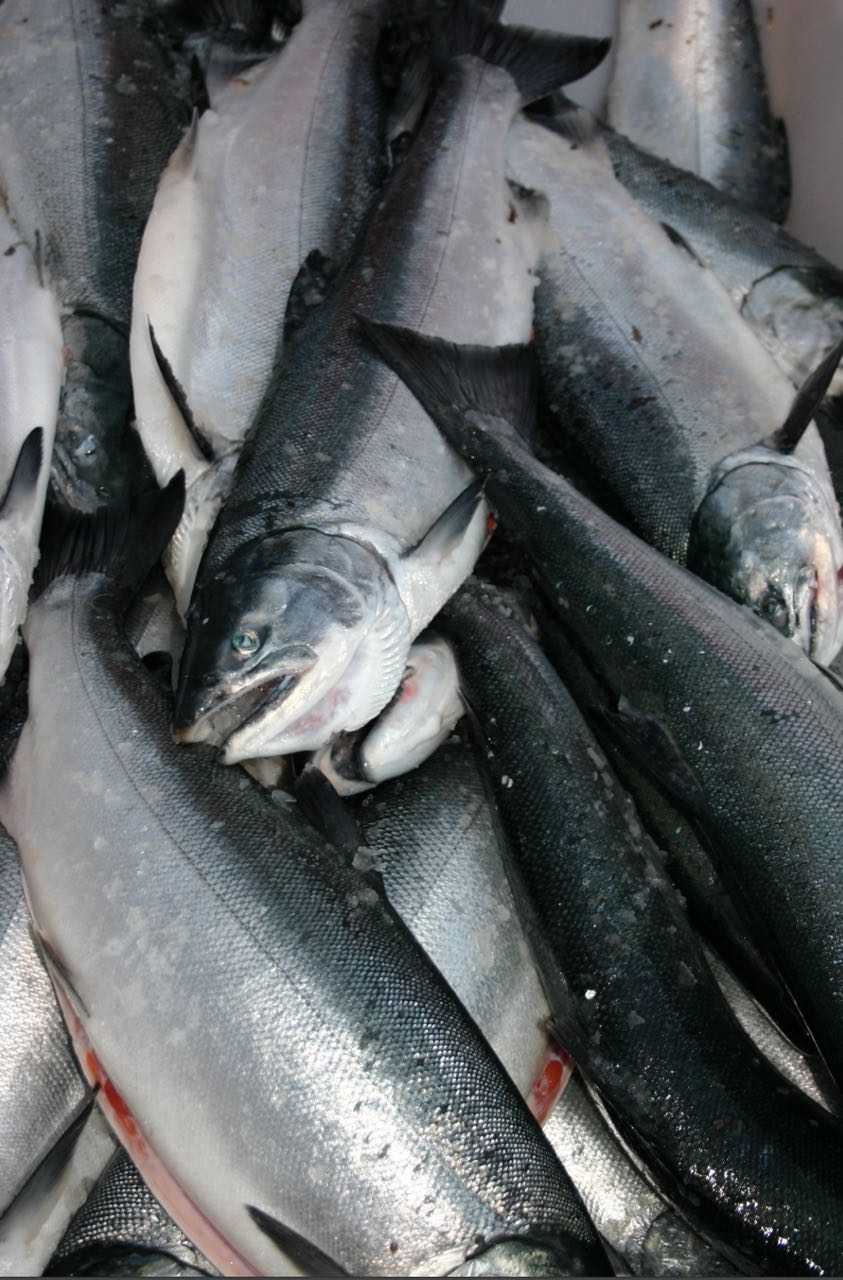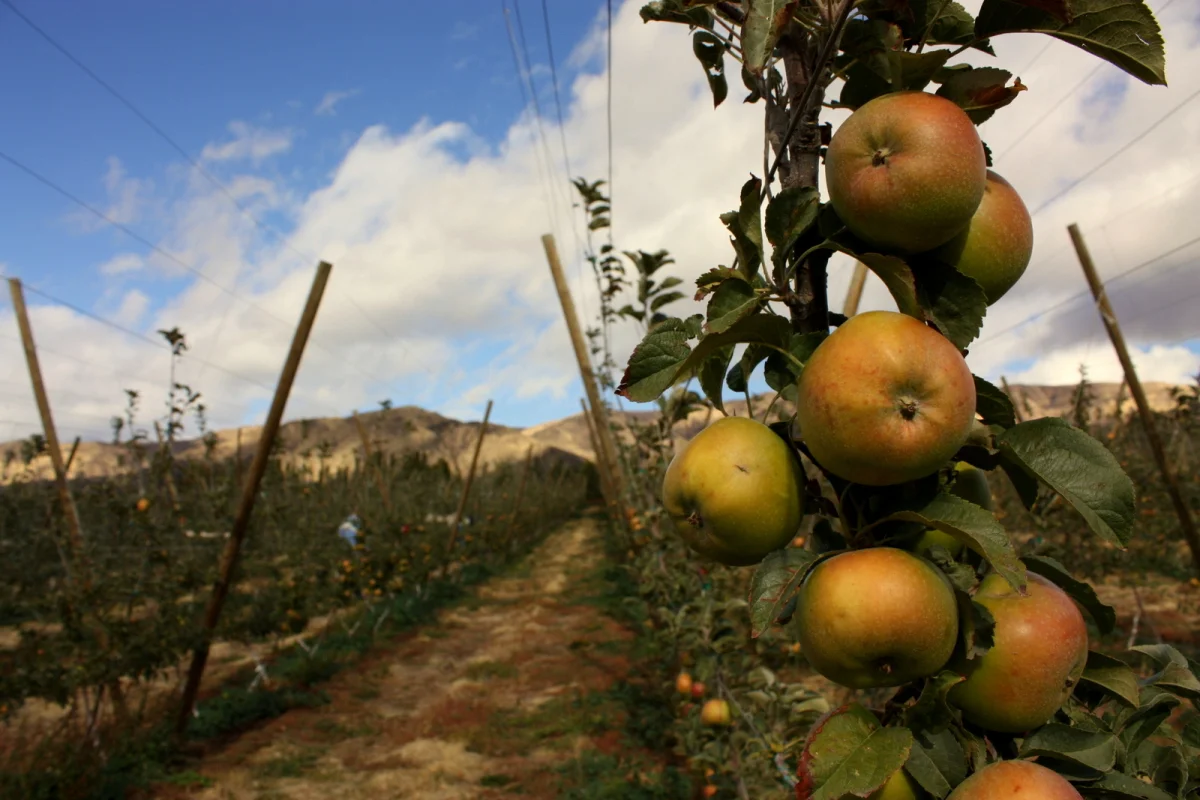The Ark of Taste
The Ark of Taste is a living catalog of delicious and distinctive foods facing extinction. By identifying, protecting and promoting these foods, we keep them in production and on our plates.
The Ark of Taste is an international catalog that seeks to save the economic, social and cultural heritage of a diverse variety of animal breeds, seafood, fruit and vegetables, cured meats, cheeses, cereals, pastas, cakes and confectionery. The program was created to rediscover, describe and publicize these forgotten products, draw attention to the risk of their extinction, and invite everyone to take action to help protect them.
All foods on the Ark of Taste are heritage products that have real economic viability and commercial potential for the communities that grow, produce, or harvest them. Our mission is to celebrate and preserve these products by introducing them to our members and then to the world.
Slow Food USA has cataloged of over 200 delicious foods in danger of extinction, and since 1996, more than 3,500 products from over 150 countries have been added to the International Ark of Taste.
Slow Food Seattle has boarded the following four regional food products onto the Ark of Taste: Marbled Chinook Salmon, Makah Ozette Potato, Olympia Native Oyster, and Geoduck.
Photo: Amy Grondin
Marbled Chinook Salmon
The Marbled Chinook (Oncorhynchus tshawytscha) is a distinct fish that occurs predominantly in the fisheries of Washington state and Southwestern British Columbia. The fish is robust and deep-bodied with a bluish-green coloration on its back that fades to silvery sides and a white belly. The term "marbled" refers to the varying amounts of both red and white pigmentation of the flesh, which gives it a marbled appearance.
Photo: Irish Eyes Garden Seeds
Makah Ozette Potato
In the late 1700s, the Makah Ozette Potato (Solanum tuberosum subsp. andigena) came from Peru by way of Spanish explorers to the Makah Tribe at Neah Bay, Washington. It's the only potato that was not rerouted through Europe. The Makah Ozette is also known by the names: Anna Cheeka’s Ozette and Ozette. The potato has an earthy, nutty flavor that is similar to the taste sensed in cooked dry beans. The flesh is firm and the texture is very creamy.
Photo: Washington Sea Grant
Olympia Native Oyster
The Olympia Native Oyster, also known as the Oly Oyster, is native to the west coast of the U.S. and was widely over-harvested to the point of depletion. The oyster is now hand harvested by a few family-run shellfish farms and local organizations, such as the Puget Sound Restoration Fund, who are committed to restoring this oyster in its natural habitat.
Photo: Chef Steps
Geoduck
The name geoduck (pronounced gooey-duck) comes from the Nisqually Tribe of Washington state who called the animals "Gwe-duk” meaning "dig-deep". The clams are unique because of the length of their siphons, or necks, which enables them to burrow so deeply. The geoduck’s sweet flavor and crunchy texture reveal themselves best when the clam is eaten either raw or very quickly cooked.








